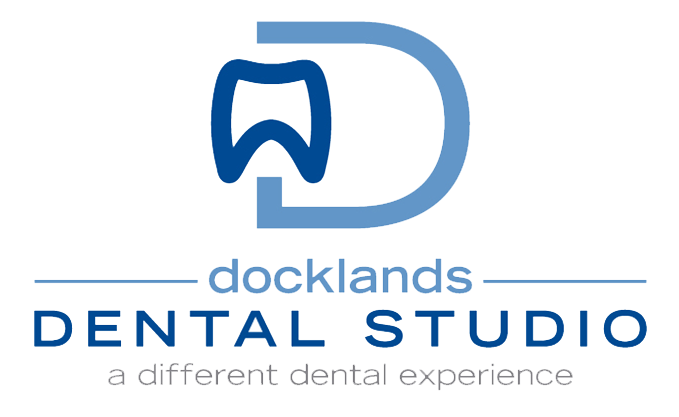 Bad breath, known as fetor oris or halitosis, has various causes, and it afflicts approximately 20% of the population. Occasional, mildly smelly breath is sometimes effectively hidden with a mint, gum, or breath spray. Odiferous foods like garlic, curry, and onions can cause temporarily foul smelling breath, so refrain from eating strong-smelling foods to keep your breath in check. Lingering bad breath most commonly stems from plaque, gum disease, cavities, or oral abscesses. Medical causes include sinus drainage, acid reflux, tonsil stones, or a lung disorder, though these are less common and can prove to be more difficult to treat. If you suffer from embarrassing, persistent halitosis, the best place to begin seeking treatment is at the dentist’s office.
Bad breath, known as fetor oris or halitosis, has various causes, and it afflicts approximately 20% of the population. Occasional, mildly smelly breath is sometimes effectively hidden with a mint, gum, or breath spray. Odiferous foods like garlic, curry, and onions can cause temporarily foul smelling breath, so refrain from eating strong-smelling foods to keep your breath in check. Lingering bad breath most commonly stems from plaque, gum disease, cavities, or oral abscesses. Medical causes include sinus drainage, acid reflux, tonsil stones, or a lung disorder, though these are less common and can prove to be more difficult to treat. If you suffer from embarrassing, persistent halitosis, the best place to begin seeking treatment is at the dentist’s office.
Smelly Oral Gasses
Bacteria and infection smell bad, regardless of their location in the body. When bacteria build up in the mouth, they cause many unpleasant odors. Plaque, the sticky, rough-feeling coating that presents on our teeth, is a naturally occurring substance comprised of saliva, bacteria, and minerals in a matrix. When plaque remains untouched for 48 hours or longer, it calcifies into tartar (also known as calculus), a hard substance that cannot be removed with toothpaste and water. Bacteria in plaque and tartar, as well as other bad bacteria in the mouth, produce a gas as a byproduct of digestion. The gas often has a pungent, sulfur-like odor.
Bacteria also cause tooth decay, or cavities. While you may not see any cavities in your mouth, you can develop decay between teeth, below the gum line, and beneath a failing or faulty dental restoration. The bacteria that cause decay also cause halitosis.
In some cases, a tooth may be internally infected, as a result of a crack, chip, or failing restoration. Abscesses, pockets of infection, can form in the gums, in the jawbone, and at the base of teeth roots. These hidden infections may cause discomfort, and will usually contribute to bad breath.
Because oral infections, cavities, plaque, and tartar are easy to detect with a visual examination or on x-rays, the first place to begin your search for the cause of halitosis should be the dentist’s office. Once bacterial build up or infections are detected, they can be swiftly and effectively treated.
Maintaining Fresh Breath
After good oral health is re-established and teeth are professionally cleaned, you can take measures to avoid bacterial build up and oral infections in the future. The primary defense against bad breath is thorough brushing of the teeth twice a day, both in the morning and evening. Add to this a once-a-day flossing to remove decaying food particles that may have lodged between teeth. Many patients also use a tongue scraper to rid the tongue’s surface of plaque and debris, and rinse with an antibacterial mouthwash. Twice a year, you should visit the dentist for a checkup and cleaning, so any potential problems may be thwarted, and any small issues can be addressed before they escalate. If, between visits, you develop bad breath that is not related to an odiferous meal, schedule an appointment so that we can determine whether the cause is an oral condition.
Beyond the Mouth
If the cause of your halitosis is not in your mouth, you should visit your general physician or a gastroenterologist for further evaluation.
Call Today About Your Bad Breath
We invite you to schedule an examination and evaluation with one of the Docklands Dental Studio dentists today. At your appointment, advise the dentist of your concerns regarding halitosis, and we’ll help you determine if your condition is a result of oral bacteria or infection. If it is, we’ll provide excellent treatment and comfortable care, so you can enjoy fresh breath and renewed confidence.
